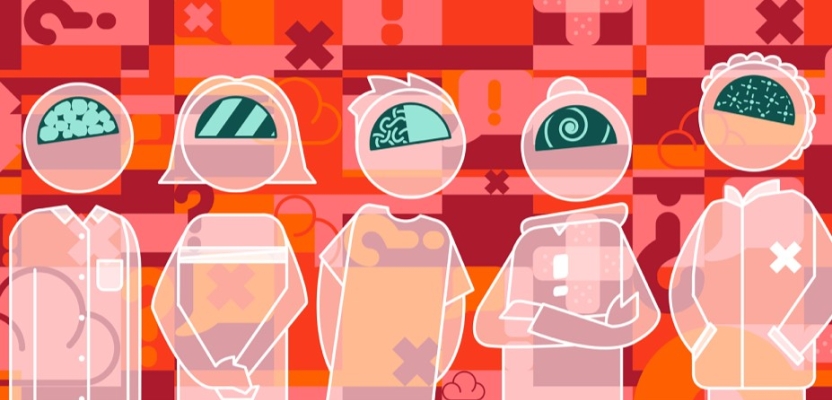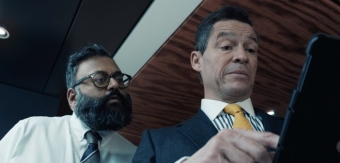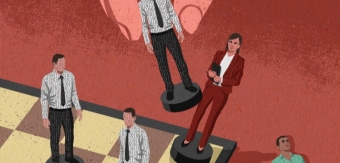Aside from my “day job” as a copywriter/journalist/mercenary, I’ve also worked on and off as a semi professional musician for the last 20 years. At one point around 2008, it seemed as if that career might actually blossom into something financially stable. Needless to say, it didn’t, but that hasn’t stopped me from writing music because it is, above all else, my “calling”.
Fast forward to April this year while filling out my tax return (yes, I’m one of those annoying people that likes to get it done ASAP) and I bring up my PRS account to find I’ve earned roughly £17 from streaming royalties in 2023/2024. You’d be mad to not ask yourself “what’s the point?”. I spent hundreds of hours crafting that work, putting just as much effort into it as my “real work” but the returns work out to less than (no exaggeration) 10p an hour.
That’s what it all comes down to, the idea of “real work”. Because real work isn’t fun or fulfilling, right? That got me thinking, where does this come from? Why do we undervalue the labour involved in creating art? Where do the cultural, economic, and institutional biases that undervalue this labour stem from and how do we shake them up?
The Cultural Perceptions of Creativity
One of the most significant challenges facing creative professionals is the cultural perception that their work is somehow less serious or less valuable than more traditional professions. Creative work is often seen as a 'labour of love,' and this implies that it should be driven by passion rather than financial need. This overly simple view, however, overlooks the reality that creatives also need to make a living and art is something necessary. After all, what would we our with our free time if not reading, watching, playing and absorbing stories and appreciating manmade beauty?
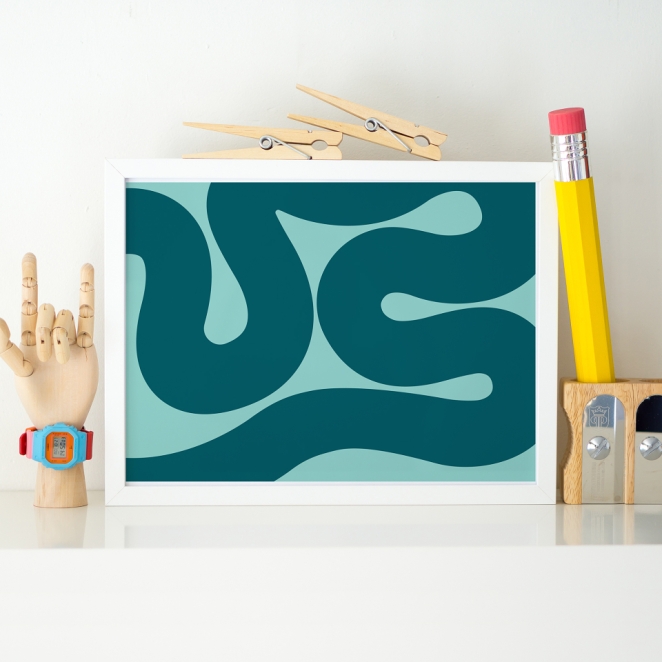
The concept of art as a gift or a purely spiritual pursuit further complicates the issue. Historical perspectives often depicted art as something that should be done for the sheer joy of it, without thought of reward. This romanticised view might have been fine in the Middle Ages but in a late-stage capitalist economy it doesn’t work. It only leads to a world where the only ones with the luxury of time and independent wealth (which often go hand-in-hand) can create and a world where creatives from outside the bubble of the upper classes just give up.
So, what’s the answer? Perhaps artists must navigate between the gift and market economies, managing the dual aspects of their work as both a personal expression and a commodity.
Economic and Institutional Challenges
Economically, the creative sector faces unique challenges. Artists often deal with inconsistent income, lack of stable employment, and the need to invest significant time and money into their careers without guaranteed returns. This economic insecurity is exacerbated by institutional practices such as unpaid internships, low pay, and the expectation of free labour in exchange for exposure.
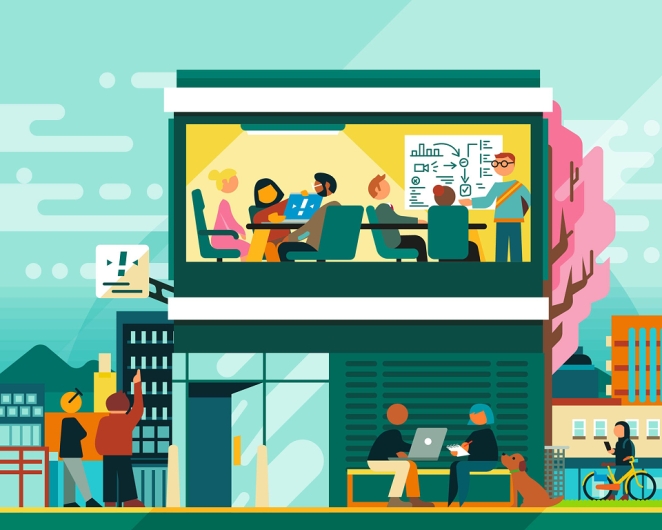
Organisations like W.A.G.E. (Working Artists and the Greater Economy) have been crucial in advocating for fair pay and transparency in the art world. They have highlighted the prevalence of non-payment practices and worked towards establishing a standardised system of fair compensation for artists. Their efforts have led to changes in how institutions approach artist compensation, demonstrating that systemic change is possible when creative professionals demand accountability.
The Invisibility of Creative Labour
Another factor that contributes to the undervaluation of creative labour is its invisibility. Much of the creative process—thinking, researching, experimenting—happens out of sight and can take considerable time. Because the results of this labour are not always immediately apparent, it's easy for outsiders to overlook the work involved. For example, a writer might spend years researching and drafting a book before a single page is published. This invisibility can lead to misconceptions that creative work is not as rigorous or demanding as more “conventional” work, when the reality couldn’t be further removed.

The creative process also often requires conditions that don't fit neatly into the traditional 9-to-5 framework, such as flexible hours and the ability to follow one's creative impulses. This can be misinterpreted as a lack of discipline or seriousness, rather than recognised as a necessary part of the creative process. As somebody that does his best work between the dim, quiet hours between midnight and 5AM, this is something I’ve struggled with my entire creative life.
Recognition and Respect
For creative labour to be fully recognised as "real work," there needs to be a broader cultural shift in how we perceive and value creativity. This includes acknowledging the economic realities of creative professions and implementing fair compensation practices. Additionally, society must recognise the rigorous nature of creative work and respect the conditions under which it’s produced.
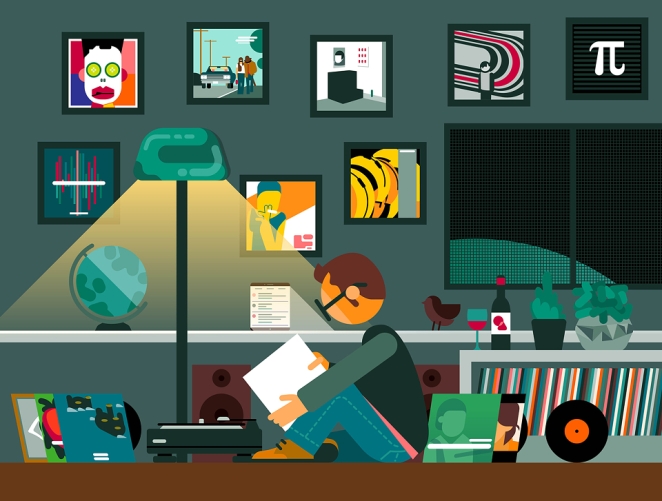
Education and advocacy are key here. By educating both the public and policymakers about the realities of creative work, and by advocating for policies that protect and compensate creative professionals fairly, we can begin to dismantle the biases that keep creative labour marginalised. Maybe then we can all finally find the time to finally finish that novel, that album and that “next big thing”.

